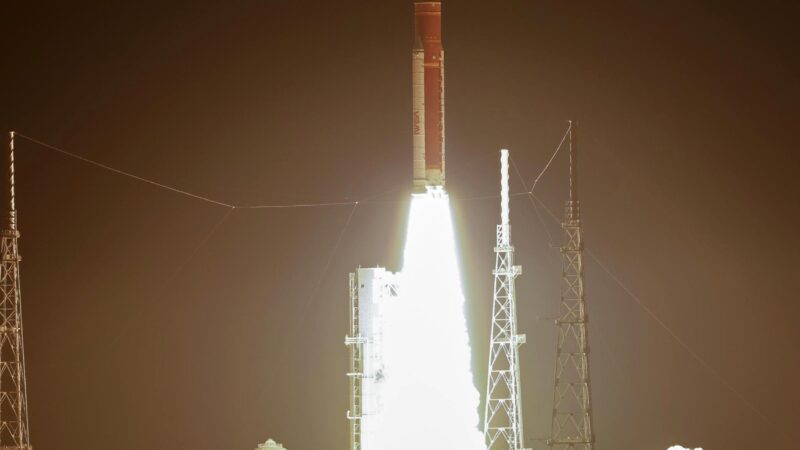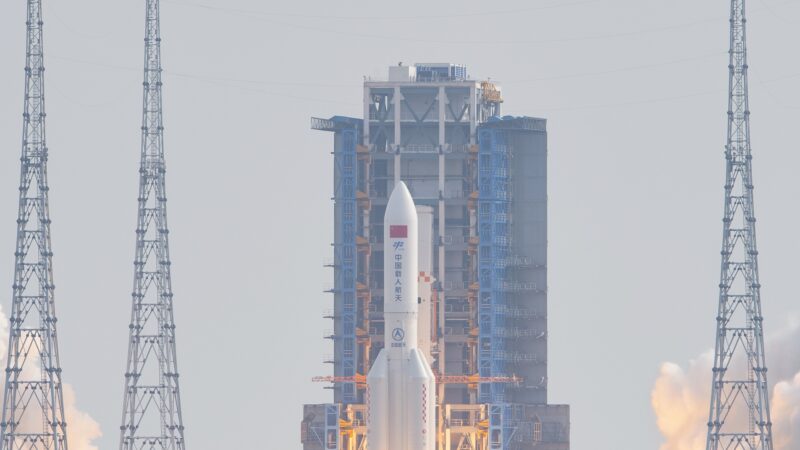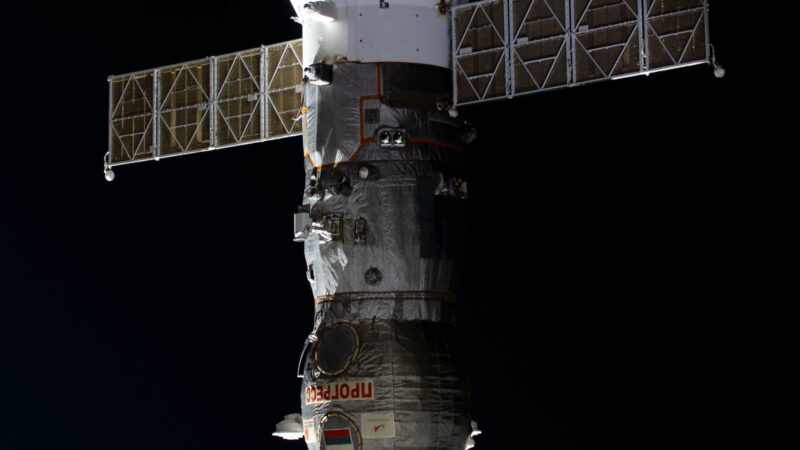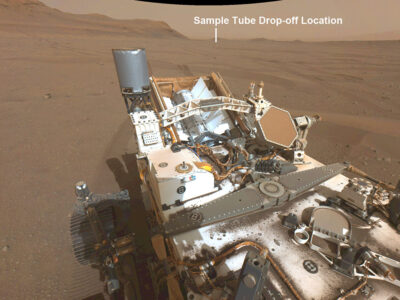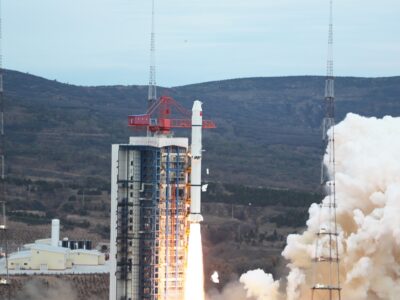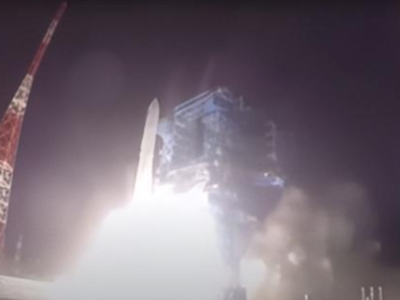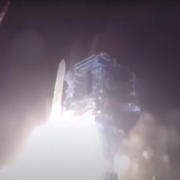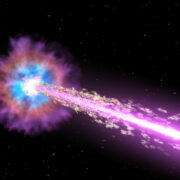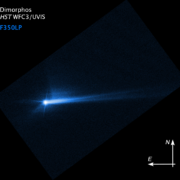Japan’s Epsilon Rocket Self-destructive After Launch
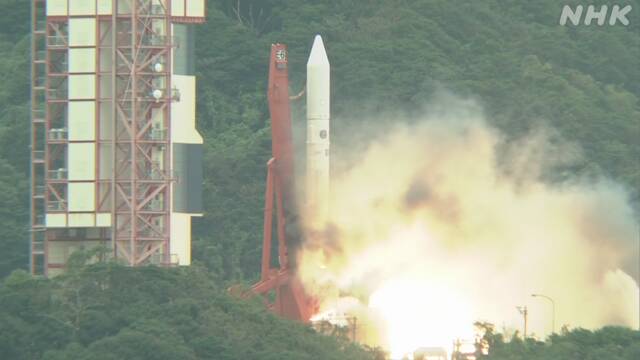
Overview
At around 9:50 a.m. local time on December 12, a Japanese rocket, the Epsloon-6, was launched at the Uchinoura Space Center[1] in Kagoshima. However, the launch failed due to a malfunction during the ascent and a self-destruct order was given.
It was the first failure of a major Japanese rocket launch since 2003, and the first of the Epsilon series of rockets.
Epsilon

Epsilon
The Epsilon Launch Vehicle[2], or Epsilon rocket (イプシロンロケット, Ipushiron roketto ) ( formerly Advanced Solid Rocket ), is a Japanese solid-fuel rocket designed to launch scientific satellites. It is a follow-on project to the larger and more expensive M-V rocket which was retired in 2006. The Japan Aerospace Exploration Agency ( JAXA ) began developing the Epsilon in 2007. It is capable of placing a 590 kg payload into Sun-synchronous orbit.
The advantage of this type of rocket is that it is flexible to launch and the operation ability is not high, but its disadvantage is that the payload is limited, so heavy rockets and large carrier rockets rarely use solid rockets, but liquid rockets. At the same time, the success rate of solid rockets is generally lower than that of liquid rockets.
Detail

Epsilon-6 in motion
Huang Zhicheng, an aerodynamicist and space technology expert, said, “The reason why the research and development institutions give instructions to destroy a rocket after a launch failure is that an out-of-control rocket may bring danger to people or facilities on the ground. In particular, since Japan is a small country, a failed rocket launch from Kagoshima is likely to affect Tanegashima Space Center[3].”
References:
[1]Uchinoura Space Center – Wikipedia

